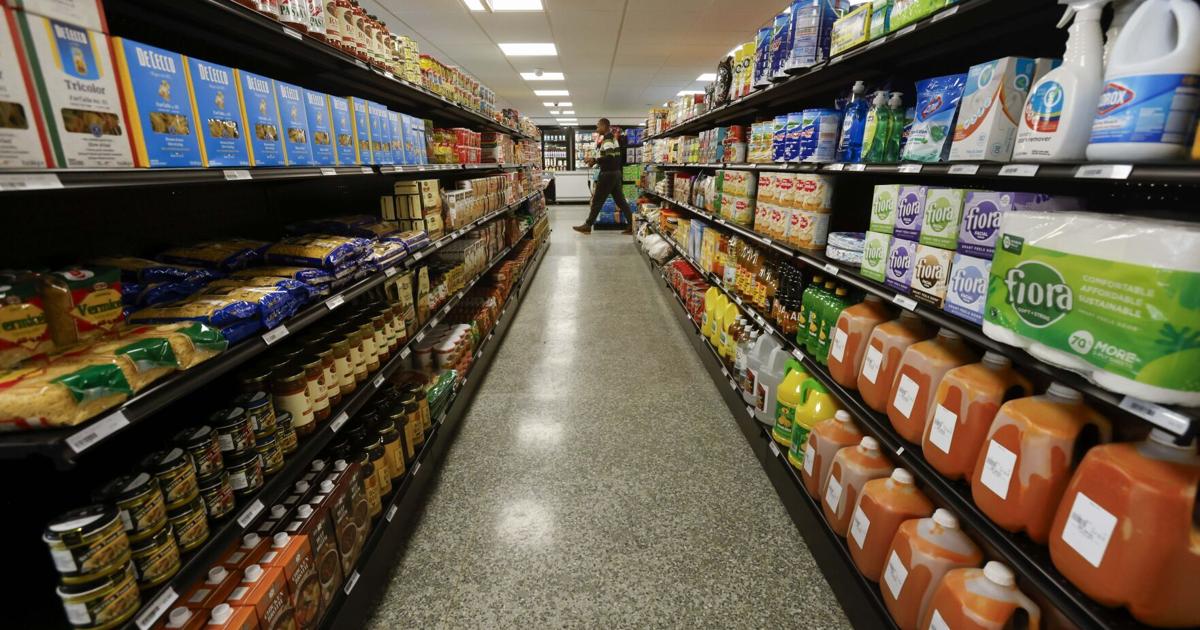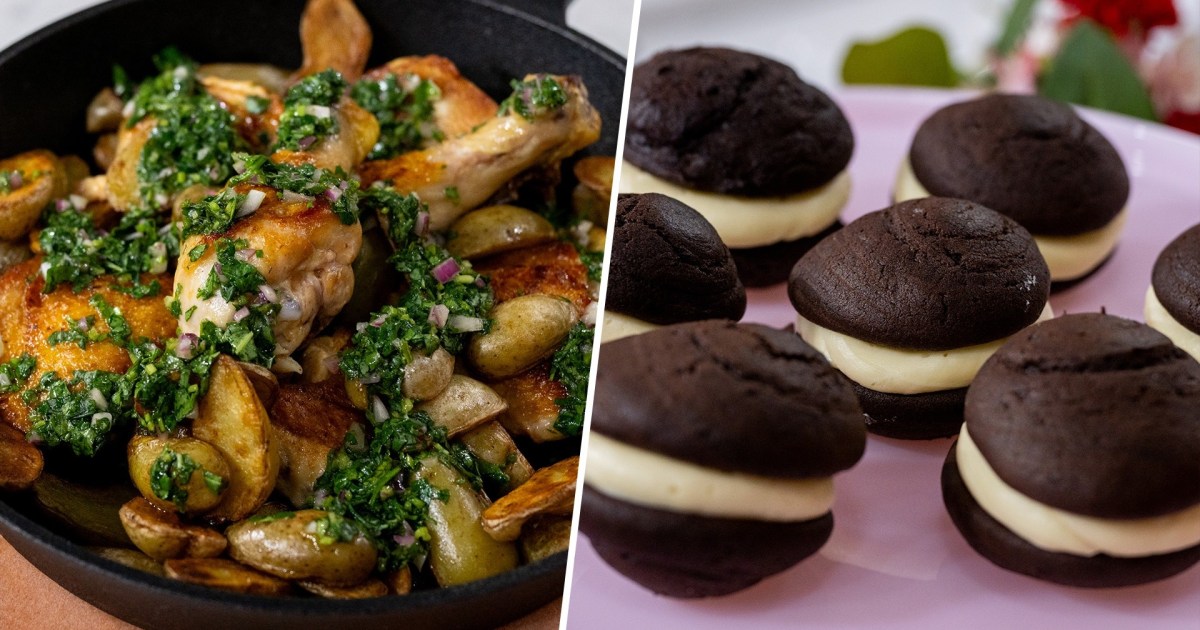20 Dec 2021 — Consumer appetite to experiment with food has never been higher, driven by the restrictions that COVID-19 has brought around. Previously well-traveled consumers have become accustomed to increased authenticity in their food and are once again open to traveling through taste.
International flavors are coming to the fore, and these factors combined make fertile ground for global cuisines to germinate and blossom in markets they have not previously entered. FoodIngredientsFirst speaks with key players in the flavors arena, who share their insights on the booming space.
Gilbert Verschelling, director of business development and innovation at DSM, says multiple cuisines are on the rise, “whether it’s through increased authenticity, bolder tastes or sustainability, the past few years have seen drastic shifts in food and drink trends.”
“With the pandemic curbing the traveler from taking a flight to new destinations, authentic and international cuisines allow them to travel with their taste buds,” notes Richard Troman, senior development and application chef at Kerry.
 International flavors will continue to be in demand in 2022.Moreover, consumers are becoming more comfortable with experimentation, embracing hyper authentic international options so long as they are “ultimately recognizable.”
International flavors will continue to be in demand in 2022.Moreover, consumers are becoming more comfortable with experimentation, embracing hyper authentic international options so long as they are “ultimately recognizable.”
“A thread can be drawn through recent international food trends to existing popular dishes and formats within regions. International flavors are no longer limited to specific food and beverages anymore and have inspired food and beverage innovation across categories,” he explains.
Asian roots
Of course, flavors and spices from all parts of the world, including the Middle East, Latin America and Africa, are growing. However, piqued interest in Asian food flavors has recently become more apparent.
According to Troman, the food culture of Asian cuisines in general, Thai and Vietnamese in particular, seems to align well with the modern European consumers’ values around food.
“This alignment is leading to a rapid adoption of new ingredients, flavors and dishes, and is contributing to the growth of trends outside their point of origin, such as fermented flavors such as kimchi,” he states.
Moreover, the success of Korean-style fried chicken, dripping with spicy, fermented sauces and garnished with crunchy radishes and bright herbs, is building on the ubiquity of American-style fried chicken.
“Also, the explosion of interest in Japanese style Sandos was catalyzed by the cultural impact created by the chicken sandwich wars on the high street. Bringing clean, focused Japanese sensibilities to the chicken sandwich, elevating it from something humble to an art form,” Troman notes.
Verschelling at DSM adds that Japan has had one of the biggest international influences of recent times.
Betty Groen, a marketing advisor at Dutch Spices, also agrees that Asian tastes are growing in popularity. “Teriyaki, miso, wasabi and kimchi are all trending in international foods. There is also a new interest in regional flavors from Asia such as shichimi, which is a seven spices blend from Japan,” she states.
Consumers seek the depth of flavor that comes with international cuisines, according to Jill Houk, culinary director at olam food ingredients (ofi).“For example, using a bespoke blend of cumin, turmeric, garlic, ginger, garam masala, cinnamon and high-heat chilies offers a more rounded and authentic Tandoori flavor than a generic curry powder.”
The hotter, the better?
As products deemed as “the hotter the better” continue to grow in popularity – especially with Gen Z consumers – Houk at ofi expects to see further innovation in the high-heat space with chili-based products inspired by international cuisines.  Consumers want to be taken on a journey with flavors that excite the tastebuds, says ofi.
Consumers want to be taken on a journey with flavors that excite the tastebuds, says ofi.
“Fusion food flavors, such as Indian and Chinese from border regions, that draw on the best of both worlds will also be popular,” she states. “And as more consumers move away from home and begin to experiment with cooking, we predict an increased demand for interesting packet sauces, meal kits and freezer meals from around the world.”
Another cuisine gaining international fame is South American dishes, reveals DSM’s Verschelling. “These unique and spicy dishes are something adventure-hungry consumers are often looking for,” he notes.
“24% of consumers said they wanted to try spicy foods for the first time in 2021, proving an opportunity for manufacturers to tap into a new customer base.”
Meanwhile, Ritika Mehrotra, marketing coordinator at Embassy Ingredients, believes that spices are at the forefront of international cuisine themes. “They are a great way to enhance, balance and compliment any dish – both savory and sweet.”
Consumers are looking for new food adventures when trying international dishes. “As the pandemic has continued throughout 2021, consumers are experiencing food and flavor fatigue and are eager to try something new. Unexpected food pairings, spices and fusions are in demand,” continues Mehrotra.
“Sweet is being increasingly combined with spicy and savory flavors as consumers experiment with adding new twists to their tastebuds.”
A melting pot of flavors
According to Houk at ofi, consumers are opting for bolder flavor choices, like spices and botanicals, or trying products featuring ingredients from other parts of the world.
“But products that excite the senses are just one part of the story. Consumers also want to know the exotic flavors they are enjoying have been produced sustainably. It means the challenge for food manufacturers is not only driving functionality and flavor in the kitchen but also creating a positive impact in the supply chain,” she says.
The only limit is the imagination, asserts Houk. “From frozen meals and sauces, spice blends, trail mixes and snack bars, to confectionery and ice cream, the possibilities for introducing new flavors to popular applications are endless.”
“For example, our experts have used spices to develop clean label flavorings for ice cream applications inspired by global flavors, like chocolate chai swirl with cinnamon, nutmeg and turmeric.”
What’s next for global flavors?
Next year, Verschelling at DSM expects consumers to “step out of their comfort zones even more and look for more regional flavors with new and exciting origins.” Consumers are getting comfortable with experimentation and embracing hyper authentic international flavors.
Consumers are getting comfortable with experimentation and embracing hyper authentic international flavors.
“As there will still be a continued demand for traditional tastes, we predict NPD teams will be using their expertise to customize these flavors to suit local preferences,” he laments.
Meanwhile, Mehrotra at Embassy Ingredients believes that trends in this space will be even further accelerated by the pandemic.
“International flavors will continue to be in demand in 2022 as consumers seek culinary adventures. Globally inspired flavor innovation in desserts, savory applications and beverages will continue to grow.”
As we head into 2022, Houk at ofi says customers will continue to seek out adventurous global flavors. “Spices will feature prominently in snacks and confectionery, especially combined with other ingredients such as cocoa and coffee. We’re working closely with customers at our global innovation centers to try out flavor blends from spiced brownies seasoned with chai to snack bars combining cocoa and spice flavors,” she reveals.
Finally, Groen at Dutch Spices says more flavors from specific regions in the US are upcoming. “Expect more finesse in flavors,” she concludes.
By Elizabeth Green
To contact our editorial team please email us at
[email protected]
If you found this article valuable, you may wish to receive our newsletters.
Subscribe now to receive the latest news directly into your inbox.









